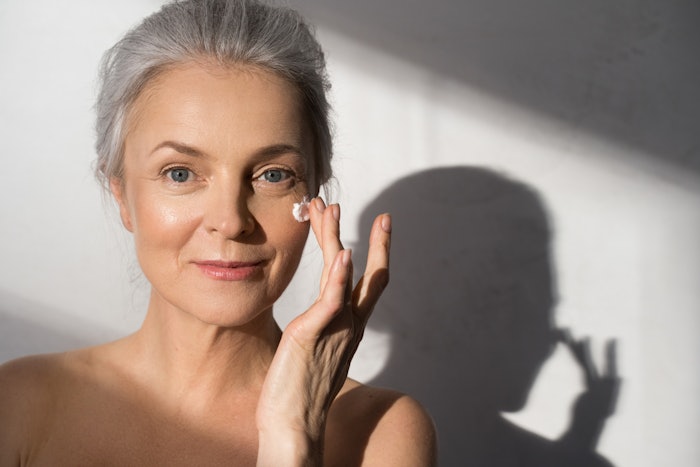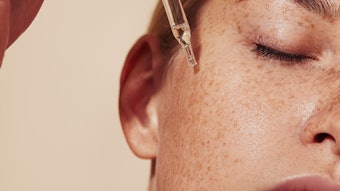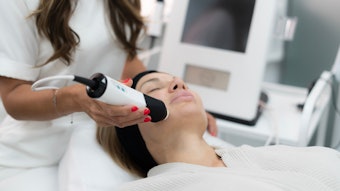
Beiersdorf recently announced it has entered a strategic partnership with Cambridge, Massachusetts-based biotechnology firm Vincere Biosciences to co-develop cutting-edge skin care solutions focused on cellular health and rejuvenation.
Targeting Mitophagy
The collaboration will center on mitophagy, the body’s process of breaking down damaged mitochondria — a key mechanism in maintaining cell health and slowing the skin aging process.
How? Through Beiersdorf's decades of expertise with coenzyme Q10, a vital molecule for mitochondrial function and antioxidant defense. And Vincere Biosciences' pioneering research on ubiquitin-specific protease 30 (USP30), an enzyme that blocks mitochondrial renewal.
"Mitophagy is one of the body's most powerful tools for cellular renewal," said Spring Behrouz, Ph.D. and CEO of Vincere Biosciences.
Discovering New Skin Mechanisms
"This partnership is a further step in our long-term strategy," explains Gitta Neufang, Ph.D., chief R&D officer at Beiersdorf.
"With this investment we underline our commitment and our leading role as skin experts and innovators in the field of skin care." According to Neufang, the partnership will enable the discovery of new regulatory mechanisms in skin biology that are key to advancing cosmetic solutions.
Vincere’s work on USP30 inhibition — originally targeting neurodegenerative diseases like Parkinson’s — has broader implications for age-related cellular decline, including skin aging.
Behrouz added, "This collaboration ... highlights the broader potential of Vincere's USP30 pipeline across age-related disorders beyond our primary focus on halting Parkinson's disease. It’s incredibly meaningful to see rigorous science translated into real world impact with a partner so committed to innovation."
Rooted in Science
Beiersdorf first introduced coenzyme Q10 in skin care in 1998 with Nivea, securing a leadership role in active ingredient innovation. This new venture further reinforces its commitment to science-led skin health solutions, per the company.










